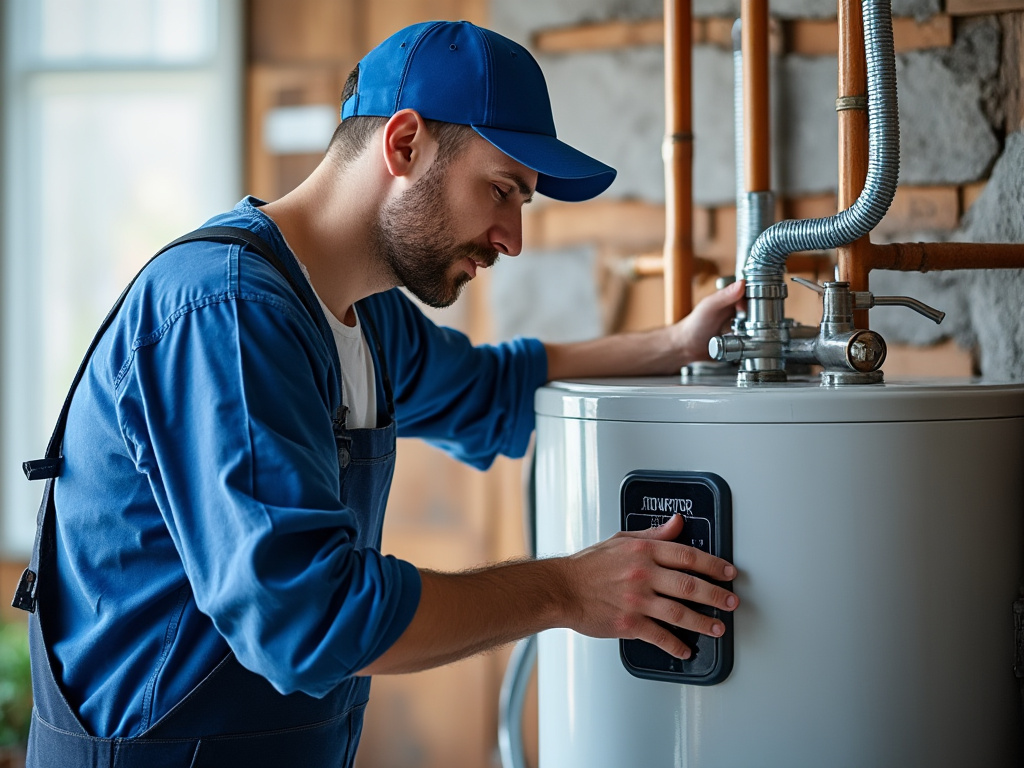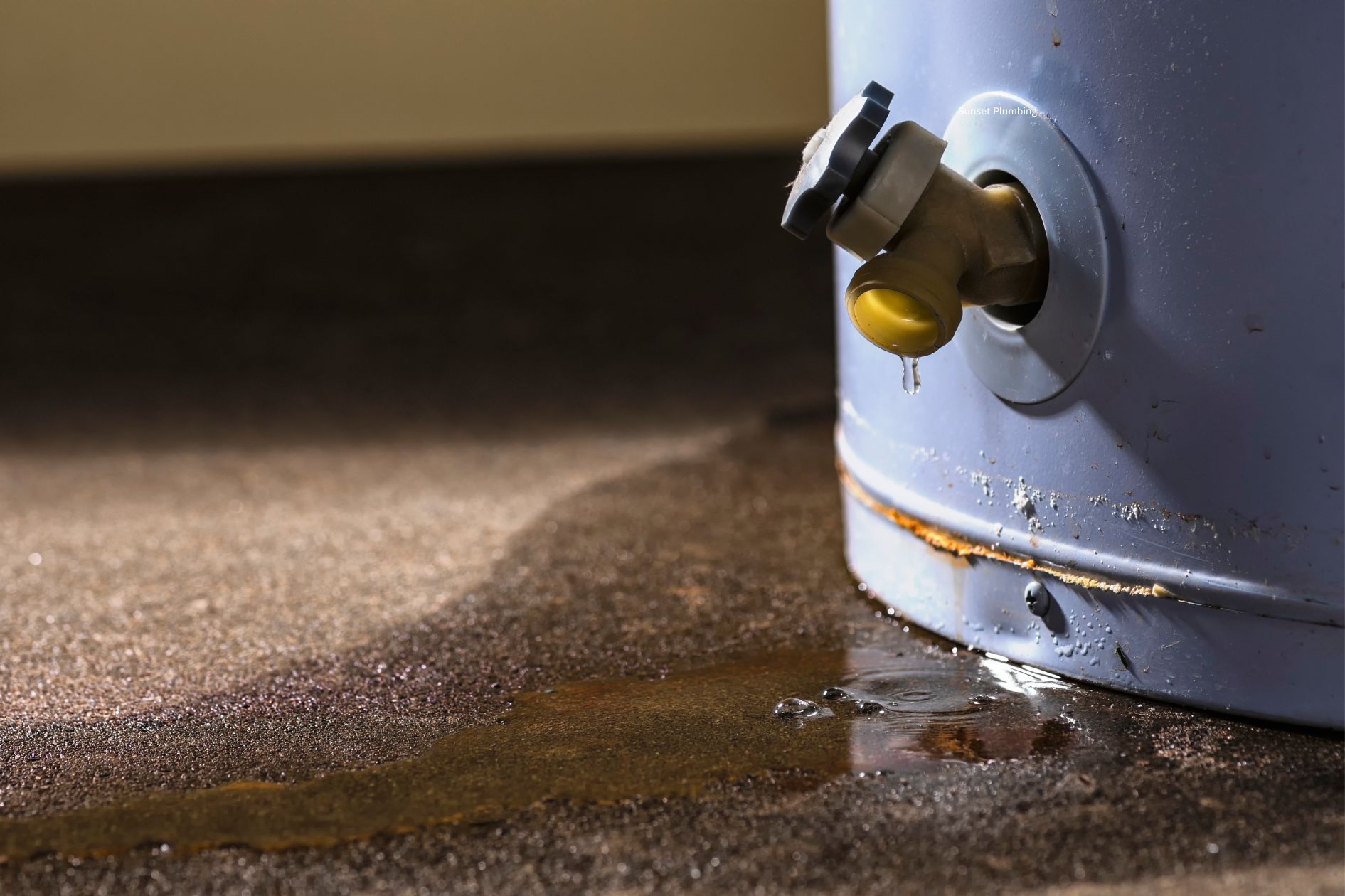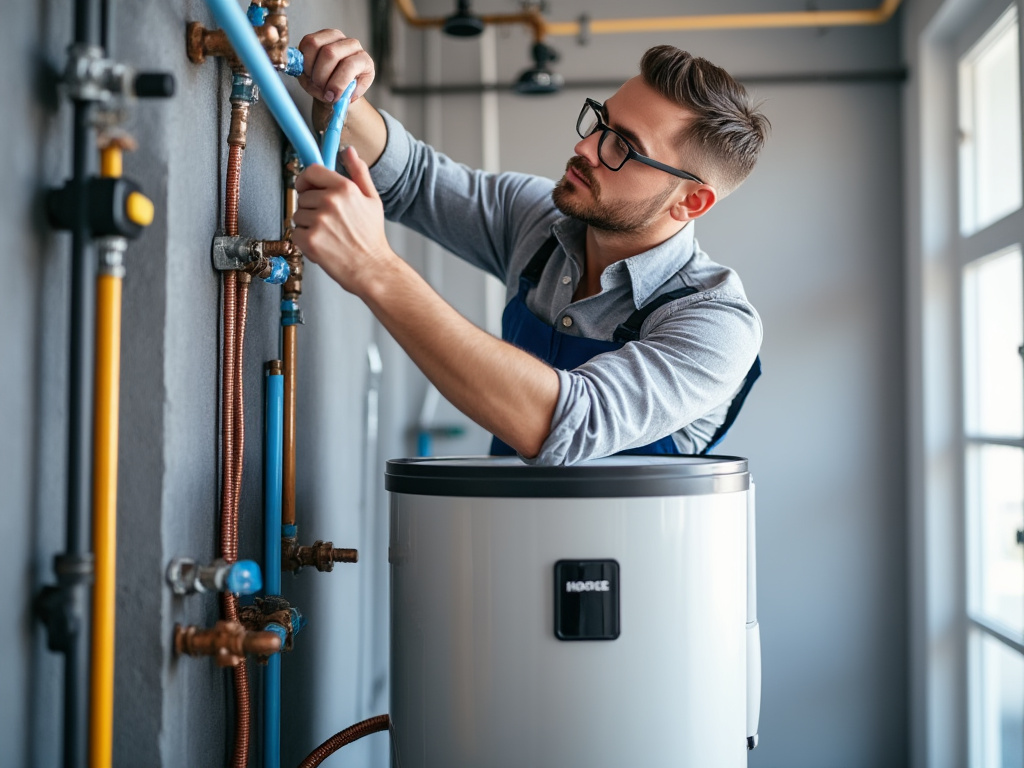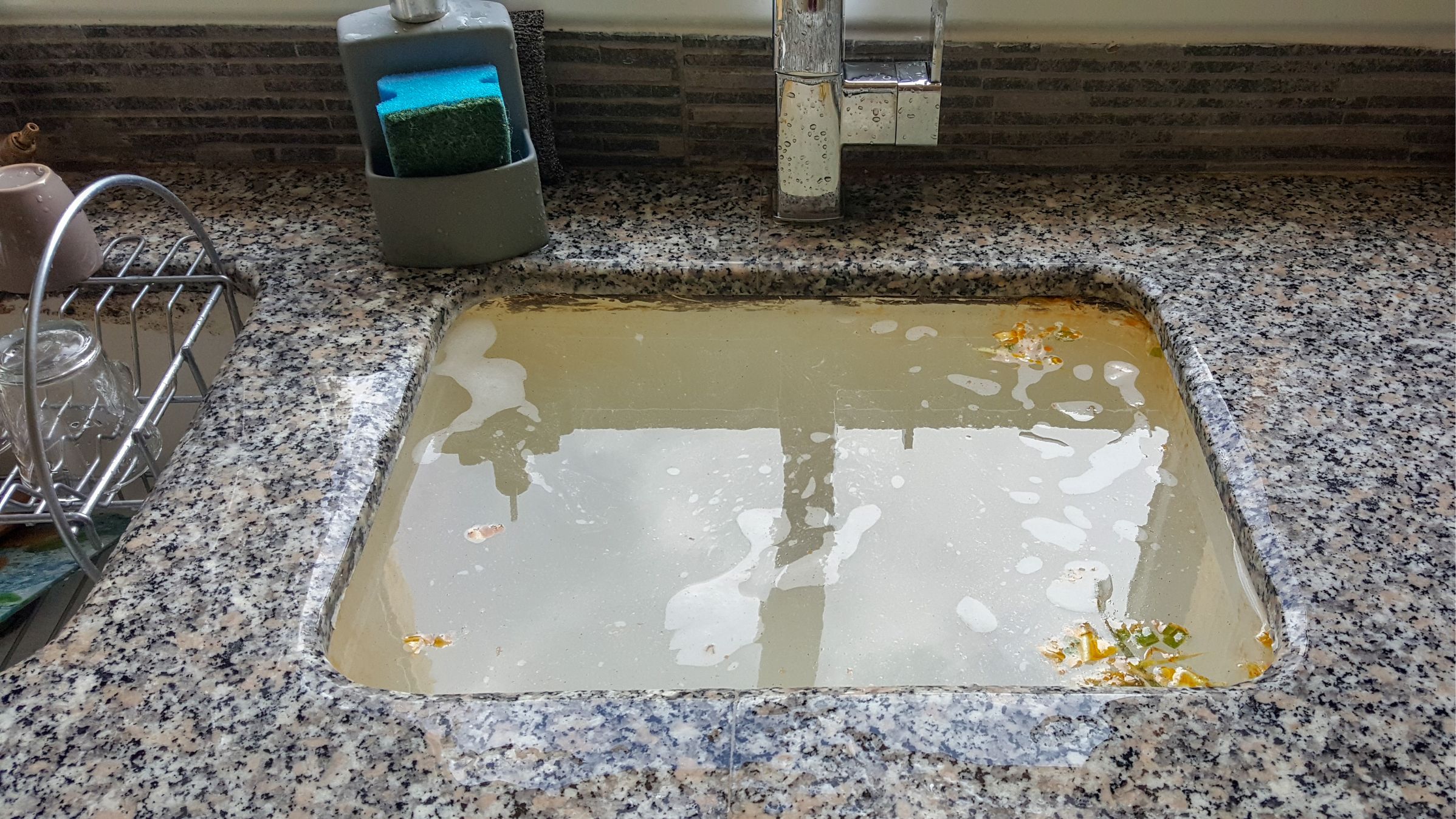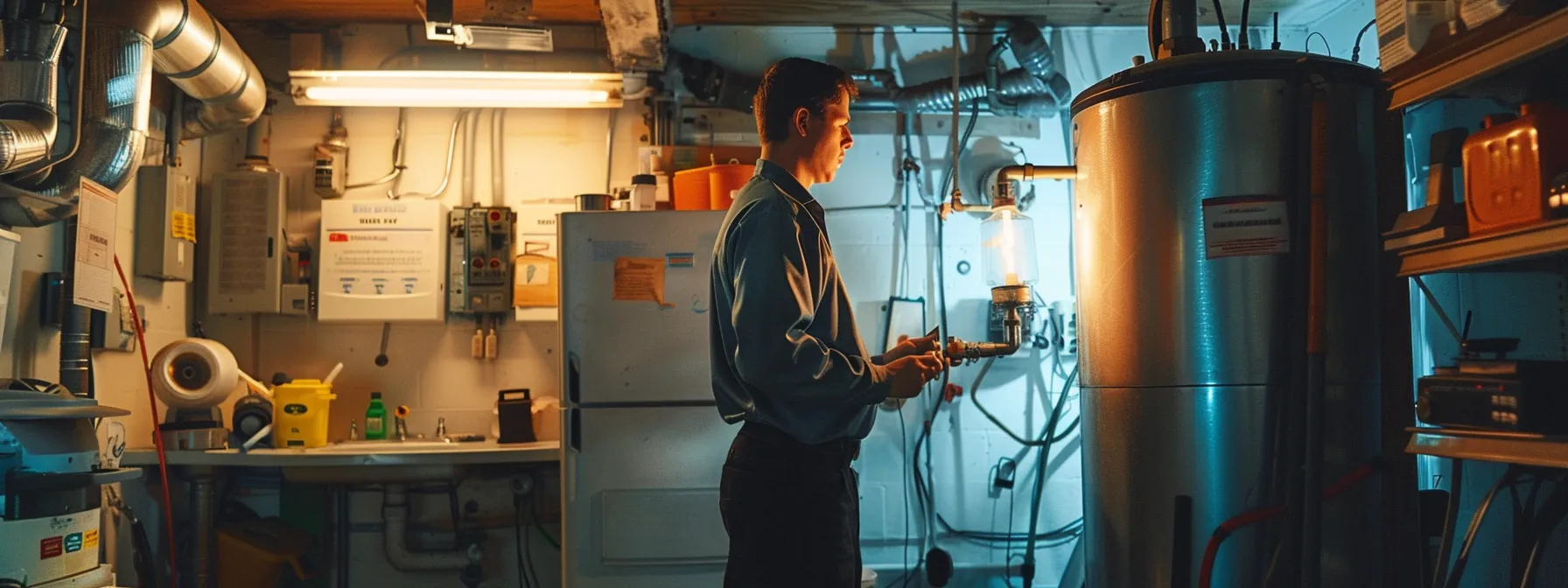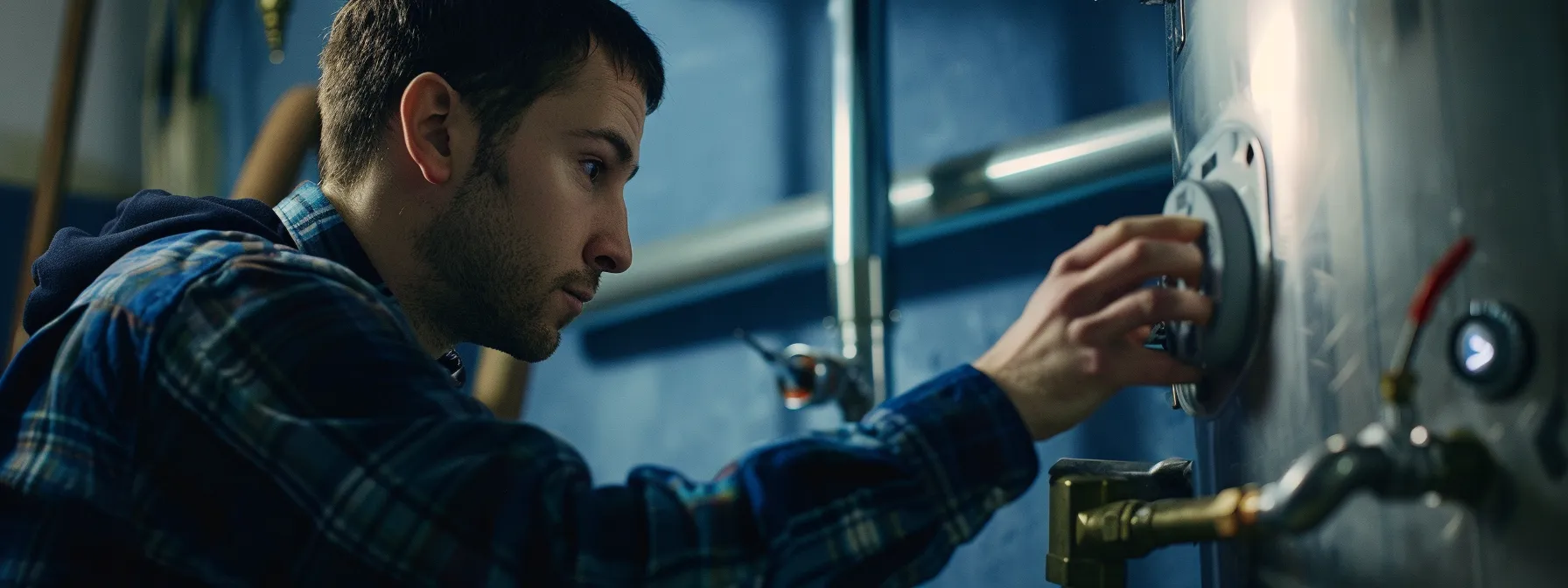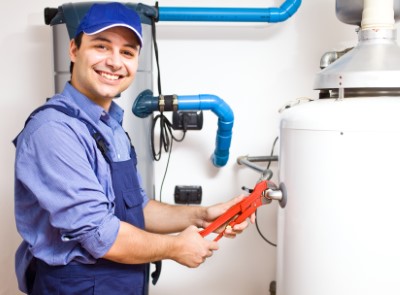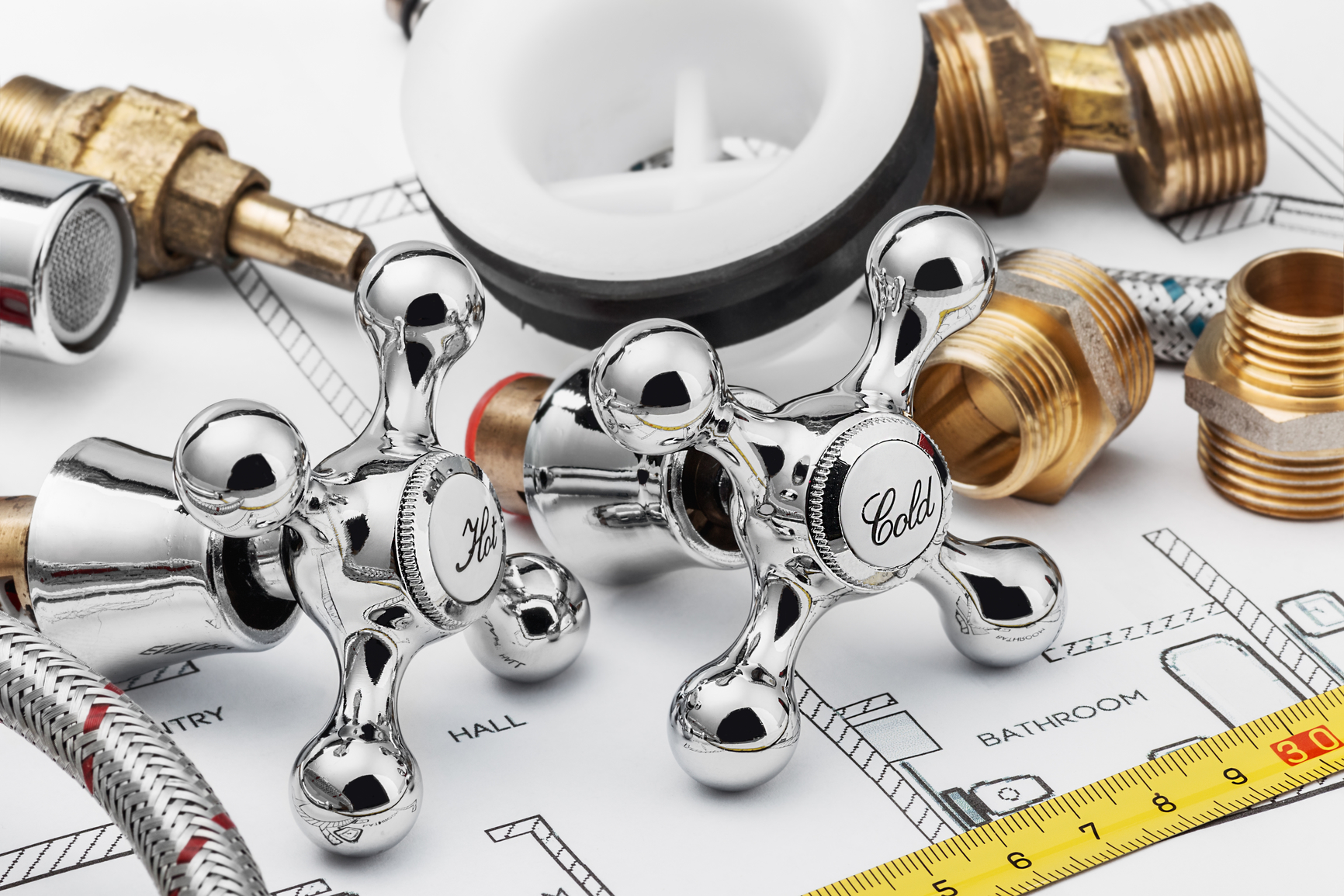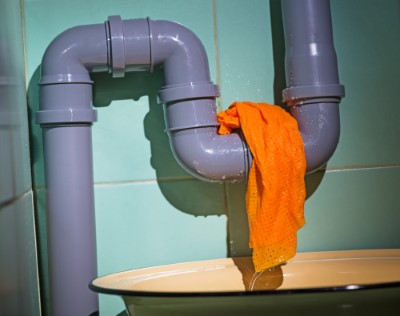Water heaters are essential in any home, providing the hot water needed for daily activities like showering, washing dishes, and laundry. However, when your water heater breaks down, understanding the repair costs can save you both time and money. Whether it’s a minor issue or a major problem, knowing what to expect financially can help you make the best decision for your home. In this guide, we’ll dive deep into everything you need to know about water heater repair costs, factors that influence them, and when it’s time to consider a replacement.
Types of Water Heaters and Their Impact on Repair Costs
Different types of water heaters come with varying repair costs. Let’s explore the common types:
Traditional Tank Water Heaters
Tank water heaters are the most common type in homes. These units store hot water in a large tank and typically cost less to repair compared to newer models. However, they tend to develop problems like leaking, requiring frequent maintenance as they age.
Tankless Water Heaters
Tankless water heaters provide hot water on demand, which makes them more energy-efficient. On the downside, their repairs tend to be more expensive, especially when specialized parts are required.
Solar Water Heaters
These are environmentally friendly but can be costly to repair due to their complex design and the need for specific replacement parts. Repairing solar panels or damaged circulation systems can drive up costs.
Heat Pump Water Heaters
Heat pump models are efficient and use electricity to move heat from the air. However, repairs to their refrigerant systems or pumps can be pricier than traditional water heaters.
Common Water Heater Problems and Average Repair Costs
Water heaters can face several issues, each with different repair costs.
Leaking Tank
A leaking tank is one of the most common problems. It can be caused by corrosion or damage to the internal structure. Repair costs for minor leaks might be around $100–$500, but a full tank replacement can exceed $1,000.
Pilot Light Issues
For gas water heaters, the pilot light may go out, preventing the burner from heating the water. Repairs often involve cleaning or replacing the thermocouple, costing about $75–$200.
Thermostat Problems
A faulty thermostat means the water temperature may fluctuate or not heat at all. Thermostat replacements typically cost between $150–$300.
Heating Element Failure
Electric water heaters rely on heating elements to warm the water. When one or both fail, a replacement can cost between $200–$300, depending on labor.
Labor Costs: How Much Do Professionals Charge?
Labor is a significant portion of repair costs. Plumbers and technicians usually charge hourly, with rates ranging from $45 to $150 per hour. In urban areas, labor tends to be more expensive, and emergency services can hike the price further. Some companies may offer flat-rate repairs, giving you a clearer idea of the total cost upfront.
Factors That Affect Water Heater Repair Costs
Several factors influence the overall repair bill:
- Age of the water heater: Older units may require more expensive parts that are harder to find.
- Availability of parts: Special-order or rare components can raise costs.
- Complexity of the problem: Simple fixes like pilot light issues are cheaper, while more complex problems like a leaking tank will cost significantly more.
- Energy efficiency upgrades: Opting for energy-efficient parts or enhancements can add to the cost.
DIY vs Professional Repair: Is It Worth It?
Many homeowners wonder if they should try to repair their water heater themselves. While DIY can save on labor costs, it comes with risks. If you’re unfamiliar with plumbing or electrical work, you might make the problem worse. Professional repairs from companies like Sunset Plumbing ensure the job is done right the first time and typically come with a warranty. It’s worth calling a pro if you’re dealing with gas lines, electrical wiring, or major leaks.
Signs Your Water Heater Needs Repair
Some common signs indicate that your water heater is in trouble:
- Inconsistent water temperature: If your water is too hot or not hot enough, the thermostat might be malfunctioning.
- Noises from the tank: Sediment buildup can cause popping or rumbling sounds.
- Discolored water: Rusty or cloudy water can signal corrosion inside the tank.
- Foul odors: A rotten egg smell suggests bacteria in the tank.
Water Heater Maintenance to Reduce Repair Costs
Regular maintenance can prevent costly repairs down the line. A few simple steps include:
- Flushing your water heater: Draining the tank removes sediment, improving efficiency.
- Checking the anode rod: This part prevents corrosion in the tank. Replace it every few years to prolong the heater’s life.
When Should You Consider Replacing Your Water Heater Instead of Repairing It?
Sometimes, replacing a water heater makes more sense than repeatedly repairing it. If your water heater is over 10–15 years old, needs frequent repairs, or is driving up energy bills, it might be time for a new one.
How Long Do Water Heater Repairs Take?
The time needed for repairs depends on the issue. Simple fixes like replacing a thermostat or flushing the tank might take 1–2 hours, while more complex problems could take a day or longer, especially if parts need to be ordered.
How to Get an Accurate Repair Estimate
To avoid surprise costs, it’s a good idea to get multiple quotes. When calling for estimates, be sure to describe the problem in detail and ask questions like:
- Are there any additional fees?
- Is the price for labor included?
- Do you offer a warranty on the repairs?
Is Water Heater Repair Covered by Homeowner’s Insurance?
In most cases, homeowner’s insurance will not cover the repair or replacement of a water heater due to normal wear and tear. However, if your water heater was damaged due to an insured event like a fire or flood, your insurance might cover the cost.
Cost of Water Heater Parts
Here’s a quick overview of common parts and their average costs:
- Thermostat: $100–$300
- Heating elements: $50–$200
- Anode rod: $20–$50
- Pressure relief valve: $20–$150
Emergency Water Heater Repair: Is It More Expensive?
Emergency repairs often come with a premium price, especially after-hours or during weekends. To avoid these higher costs, perform regular maintenance and address minor issues before they become major problems.
Conclusion
Water heater repair costs can vary significantly based on the type of heater, the specific problem, and labor rates. By understanding these factors, homeowners can make informed decisions about whether to repair or replace their unit. Regular maintenance is key to keeping repair costs low and extending the life of your water heater.
FAQs
- How long does a typical water heater last?
- Most water heaters last between 10 to 15 years.
- Can I extend the life of my water heater?
- Yes, regular maintenance like flushing the tank and replacing the anode rod can extend its life.
- What are the most expensive water heater repairs?
- Tank leaks and major part replacements, like heating elements, can be the most costly.
- Is it cheaper to repair or replace a water heater?
- If the unit is older or requires frequent repairs, replacement may be more cost-effective.
- How do I find a reliable water heater repair service?
- Look for licensed and insured professionals, read reviews, and ask for referrals.


